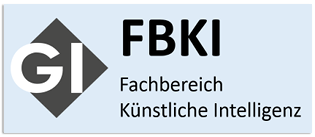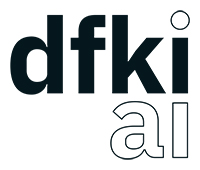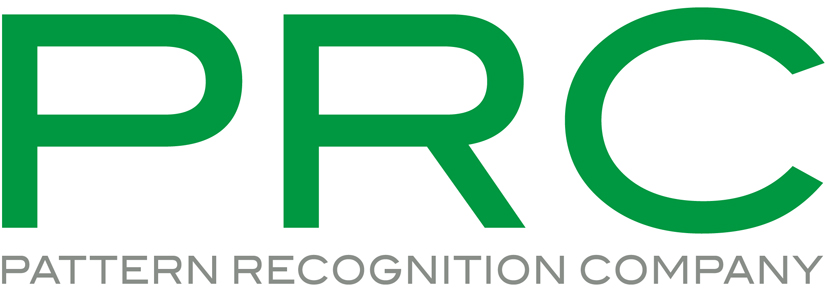Call for Papers
KI2021 takes place in Berlin, Germany, September 27 – October 1, 2021. KI2021 is the 44th edition of the German conference on Artificial Intelligence (abbreviated KI for “Künstliche Intelligenz”) organized in cooperation with the Fachbereich Künstliche Intelligenz der Gesellschaft für Informatik (GI-SIG AI). KI is one of the major European AI conferences and traditionally brings together academic and industrial researchers from all areas of AI, providing an ideal place for exchanging news and research results on theory and applications. The technical program of KI2021 comprises paper presentations as well as tutorials and a workshop.
Conference website: https://www.ifis.uni-luebeck.de/~moeller/KI2021/
Submission Guidelines
We invite papers, which have to be in English and formatted according to the Springer LNCS style, in the following three categories:
- Full technical papers (12 pages max., excluding references)
- are expected to report on new research that makes a substantial technical contribution to the field. Additional details may be included in an appendix, which, however, will be read at the discretion of the PC.
- Technical communications (6 pages max., excluding references)
- can report on research in progress or other issues of interest to the AI community. Examples of work suitable for technical communication paper submissions include: novel ideas whose scope is not large enough for a full paper; important implementation techniques; novel interesting benchmark problems; short experimental studies; interesting applications that are not yet completely solved or analyzed; position or challenge papers. Technical communication submissions are especially invited for software demonstration or PhD work in progress.
- Abstracts of papers (3 pages max., excluding references)
- accepted at (most recent editions of) major AI conferences are welcome to bring together German members of the international AI community. Abstracts of accepted papers will be evaluated based on the ranking of the venue it has been accepted for. We especially invite abstract of papers from A or A* ranked AI conferences.
Submission will be through the EasyChair conference management system. The submission link is: https://easychair.org/conferences/?conf=ki2021
Full papers and technical communications will be subject to blind peer review based on the standard criteria of relevance, significance of results, originality of ideas, soundness, and quality of the presentation. Papers accepted in this process will be published in the main conference proceedings, published by Springer in the LNAI series and will be presented at the conference. At least one author of each accepted paper must register for the conference and present the contribution. The 3 page paper abstracts will be bundled and included in a preface or appendix section of the conference proceedings.
Important Dates
- May 16, 2021: Abstract submission (Technical Papers)
- May 17, 2021: Paper submission
- Jun 28, 2021: Notifications
- Jul 12, 2021: Final versions
List of Topics
KI2021 will have a special focus on human-centered AI with special highlights on AI and Education and explainable machine learning.
Besides this special focus, KI2021 invites original research and application papers on all aspects of AI research, including but not limited to the following:
- Agent-based and multi-agent systems
- AI applications and innovations
- Argumentation in AI
- Belief change
- Cognitive modelling
- AI and digital humanities
- AI and psychology
- Commonsense reasoning
- Computer vision
- Constraint satisfaction, search, and optimization
- Diagnosis and configuration
- Evolutionary computation
- Game playing and interactive entertainment
- Information retrieval, integration, and extraction
- Interactive and automated theorem proving
- Knowledge engineering and ontologies
- Knowledge representation and reasoning
- Knowledge discovery and data mining
- Machine learning
- Multidisciplinary AI
- Natural language processing
- Nonmonotonic reasoning and default logics
- Philosophical foundations of AI
- Planning and scheduling
- Recommender systems
- Responsible AI, normative reasoning
- Robotics
- Uncertainty in AI
- Web and information systems





